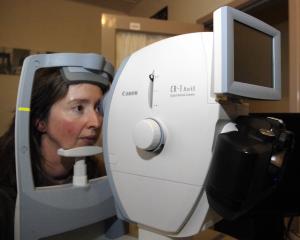Funding for home modifications, such as hand rails and wet shower areas, which allowed people to continue living safely at home, was distributed by Enable New Zealand.
However, Enable had a policy of spending until the money ran out, and then that was it, until the next year, hospital advisory committee chairman Richard Thomson told this week's meeting.
That meant people had an "excellent chance" of having their needs met during the first three months of the year, but "absolutely zero chance" during the last three months.
A report to the committee said it was not just housing modifications that were delayed, but installation of equipment such as dialysis machines for new dialysis patients.
The delays resulted in some patients needing ongoing help with personal care.
Committee member Louise Rosson raised concerns about the long wait for modifications, which meant there was a risk of people going home from hospital, having another fall and ending up back in hospital care.
The chief executive of Enable had told her they received about 400 applications a day, but only had four staff, which meant they could not keep up.
"There is just no way they can meet expectations, which to me is a total failure," Ms Rosson said.
Committee member Louise Carr said it affected not only the health board, but also the entire disability sector.
Chief operating officer Vivian Blake said the situation was "going from bad to worse", and affected the ability of the hospital to discharge patients.
Other health boards were experiencing the same problem, but discussions in previous years had failed to resolve the issue, she said.











